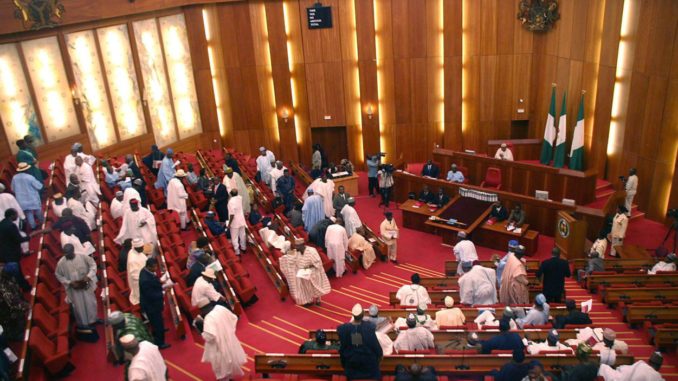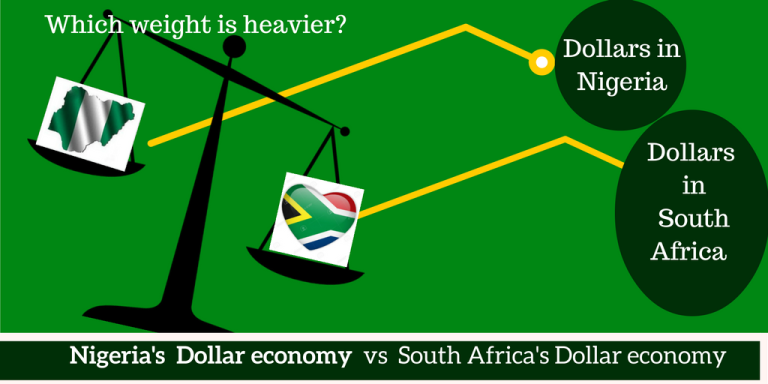
IN a move which astounded many well-meaning Nigerians, the Senate, after a two-hour, closed-door session on Tuesday, declared that Nigeria’s unity was not negotiable. According to the Senate President, Bukola Saraki, “The Senate resolved that Nigeria’s unity is not negotiable and we are all committed to the territorial integrity of our country. The Senate will use all possible measures to make sure that peace is restored to all parts of Nigeria. The Senate hereby advises that all groups which seem to be pursuing agitations should do so within constitutional means.”
Sadly, while the Senate was making its controversial declaration, the House of Representatives was declaring, rather cavalierly, that it had resolved to “investigate” the calls for restructuring by “some sections of the country.” However, while the positions of the two chambers of the National Assembly on the restructuring of the country are confounding, the Senate’s restating of the discredited claim that Nigeria’s unity is not negotiable portrayed it as a body that is more committed to preserving the unjust privileges afforded its members by the current order of things than the remaking of the nation in line with the principles lucidly enunciated by its founding fathers, and actively demonstrated across the globe.
Time and again, the Senate has spoken of its readiness to address the agitation for the restructuring of the country. As a matter of fact, it had earlier called for and received the report of the 2014 National Conference convoked by the immediate past administration, a report widely acknowledged in enlightened quarters as providing a road map for the remaking of the country along the paths of equity and justice. Against this backdrop, it is astounding that the Senate President is now speaking about the need for those groups “which seem to be pursuing agitations” to do so within the confines of the law. The implication of this statement is that, to the Senate President and the legislative body that he heads, those calling for the restructuring of the country only appear to be doing so. Yet, according to many, at no time has the country been more divided than now, which is why the call for the restructuring of the country has been more resonant than ever.
We make bold to tell the Senate that Nigeria’s unity is negotiable. Indeed, there is no nation in any part of the world whose unity is not subject to inquiry, introspection and re-examination. Surely, the Senate cannot be unaware of the forthcoming referendum in Catalonia, Spain, or, to cite a closer example, the agitation for the creation of Ambazonia in neighbouring Cameroon. The Nigerian federation is a work in progress, and deserves to be made to serve the best interests of the ethnic nationalities that comprise it.
The Senate, a product of a defective constitution hurriedly packaged by the military before its exit from power in 1999 and pretending to have been made by “we the people of Nigeria,” must be told in clear terms that it is not necessarily more patriotic than the eminent personalities and groups calling for the restructuring of the country as a means of strengthening its unity. It must be told that negotiating Nigeria’s unity is not the same thing as calling for its break up. Rather, it is a call to devise a better way for Nigerians to cohabit peacefully and more prosperously.
END




Be the first to comment